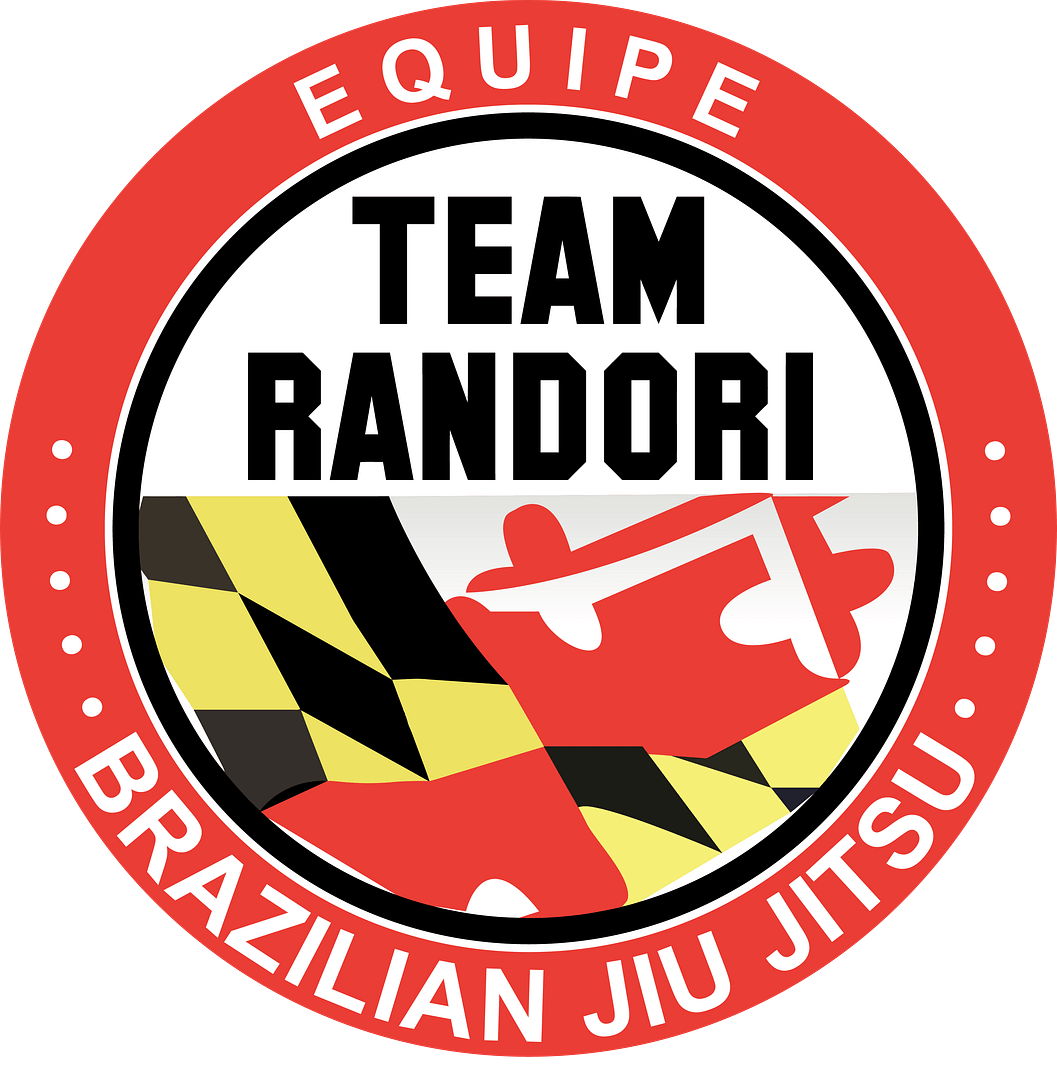In this Blog post I’d like to discuss a topic that is of Super Importance to me as a Jiu Jitsu Academy owner and Instructor. A topic I think that would be common sense, and be a cornerstone of ones personal sense of common courtesy. But here I am. Once again at my desk writing about it. Its ones indiscretion, or ones need to train Brazilian Jiu Jitsu when they are sick. As for an adult, I think that there is absolutely no excuse for an adult to be in ill health and have he need to participate in group Jiu Jitsu training. It’s simply absurd to me and totally discourteous to the other students who are in the training room. When I come to children, this issue is driven by their parents. I cannot tell you how many times parents bring their sick child to training and say to me or one of the other instructors “my child is not that sick.” How selfish is that. Lets look at the statement “my child is not that sick.” This is clearly a parent that has no courtesy for the other students or the instructor in the room. Their sole focus is their child. Don’t they see that attending class while sick can jeopardize not only their child’s health but also that of the other students and the instructors. In a close-contact sport like BJJ, the spread of illness is a serious concern.

Here At Team Randori, maintaining a healthy, vibrant environment is a top priority. So I’m forced to write this article and explain why students should avoid training when sick and how doing so helps sustain the community spirit that makes Team Randori a leader in martial arts education.
Preventing the Spread of Illness
The physical nature of Brazilian Jiu-Jitsu (BJJ) makes it especially important to prevent the spread of illness within the gym. Unlike many other sports, BJJ involves constant, close body contact, often skin-to-skin, during training. This creates an environment where illnesses such as colds, flu, and even more serious infections like staph, ringworm, or COVID-19 can spread rapidly if precautions aren’t followed. A single sick student attending class can unintentionally pass germs to multiple partners, setting off a chain of infections that could affect the entire academy.
Prevention starts with personal responsibility. Students need to monitor their health closely and avoid training when they experience symptoms such as fever, coughing, congestion, or skin irritation. Additionally, hygiene practices—such as showering immediately after class, washing kimonos / gis and training gear regularly, and sanitizing mats—are critical in controlling the spread of infections. At top-tier academies like Team Randori Martial Arts, strict hygiene protocols and a shared commitment to health help ensure that everyone can train safely. When students take responsibility for their well-being, the gym stays healthy, classes remain uninterrupted, and the community continues to thrive.
Faster Personal Recovery for BJJ Performance
Brazilian Jiu-Jitsu is physically demanding, requiring endurance, strength, flexibility, and mental sharpness. Training while sick can significantly slow your recovery, delaying your return to peak performance. Pushing through illness not only stresses your body further but also weakens the immune system, increasing the risk of worsening symptoms or developing complications. What could have been a mild cold might evolve into something more severe, leading to extended time off the mats. For a sport that thrives on consistency, missing weeks of training due to improper recovery can seriously hinder progress.
Resting when sick ensures your body can fully recover, allowing you to return stronger and more focused. The stop-and-go nature of BJJ—where intense drills and sparring alternate with brief rest periods—demands an optimized physical state. Training through illness often results in sloppy technique, fatigue, and frustration, which can derail progress. At Team Randori Martial Arts, students are encouraged to listen to their bodies and prioritize smart training. Taking time off when sick may feel like a setback, but it ensures that when you do return, you’re ready to perform at your best and continue improving without interruption.
Respecting Your Teammates and Coaches by Avoiding Training When Sick
In Brazilian Jiu-Jitsu, respect for your training partners and coaches is a cornerstone of the art. Every class depends on the trust that teammates will show up healthy, prepared, and ready to give their best. Training while sick breaks this trust, putting others at risk of falling ill and disrupting their schedules. Many of your teammates have obligations outside the academy—jobs, school, or families who depend on them. Attending class with a contagious illness not only compromises their ability to train but can also force them to miss important personal commitments.
The well-being of the community comes first. Instructors dedicate their time and energy to helping every student grow, and keeping the training environment safe is part of honoring that commitment. Avoiding training when sick is not just about personal health—it’s a way of showing respect for the teammates who count on you to practice safely. A healthy gym ensures that everyone can progress without unnecessary setbacks, fostering the kind of camaraderie and trust that make Team Randori the premier BJJ academy in Annapolis. Taking a few days off when sick helps maintain this sense of community and ensures the mats remain a place where everyone can thrive.
Preserving the Gym Community at Team Randori
The strength of any Brazilian Jiu-Jitsu academy lies in its community, and the sense of camaraderie is one of the key reasons our academy stands as the premier BJJ academy in Annapolis. Each student contributes to the gym’s positive atmosphere by helping teammates grow, pushing each other during sparring, and sharing a mutual respect for the space and people involved. However, training while sick disrupts this balance, as it introduces unnecessary risks to others. When illness spreads within the gym, students are forced to miss classes, coaches may need to adjust schedules, and the community’s momentum suffers.
When one student trains sick, it can trigger a ripple effect throughout the academy. What starts as one person pushing through illness might turn into several teammates missing training or entire classes being impacted. This not only slows individual progress but also weakens the group’s collective development. In our academy where consistency and community are valued, attending class while unwell can create frustration and uncertainty. By staying home when sick, students contribute to a safer, healthier environment—one where everyone can train consistently and enjoy the long-term benefits of Jiu-Jitsu. This shared responsibility ensures that Team Randori remains a thriving academy, focused on growth, camaraderie, and continuous improvement.
Productive Ways to Stay Engaged While Recovering
Missing training doesn’t mean losing touch with your Jiu-Jitsu journey. There are several ways to stay engaged while giving your body time to recover:
- Watch training instructional or competition video footage to improve your understanding of techniques and strategies.
- Review training notes and reflect on your progress to set new goals.
- Practice light mobility exercises (if appropriate) to maintain flexibility.
- Stay hydrated and eat nutritious foods to aid recovery.
I encourage all students to take care of their health first and come back stronger. The gym will always be there, ready to welcome you back when you’re ready.
Conclusion: Training Smart Means Knowing When Not to Train
Discipline is not just about showing up for every class—it’s also about making the right choices to protect yourself and your teammates. At Team Randori Martial Arts, where world-class instruction meets a strong sense of community, each student plays a role in creating a safe and welcoming training environment.
Skipping class when you’re sick shows respect for your fellow grapplers and ensures that everyone can train without unnecessary interruptions. When everyone at Team Randori practices responsibility, the academy continues to thrive as the best place for Brazilian Jiu-Jitsu in Annapolis. Train smart, take care of yourself, and trust that the mats will always be waiting for you when you’re ready to roll again—healthy, strong, and prepared to grow.
To read other Blog articles 📖 that I have published. Simply click 🖱️on this URL Annapolis Jiu Jitsu Blog Articles.
If you want to take your grappling performance 💪 to the next level. Check out A1Grappler. Our specific line of Grappling 💊Nutritional Supplements, designed by Grapplers for Grapplers🥋🤼♀️ .
Interested in Brazilian Jiu Jitsu. Start in Annapolis’ premier Jiu Jitsu Academy. Our instructor staff consists of Brazilian National Champions, Pan American World Champion Masters World Champions and North American Grappling Champions. It gets NO better than Team Randori. Click HERE TO START.
Professor Al Hogan is a recent inductee in the U.S. Martial Arts Hall of Fame (2024) and a two time IBJJF Masters World Champion and Pan American Champion. He is renowned for his expertise in Brazilian Jiu Jitsu and Defensive Tactics Instruction, catering to the Jiu Jitsu enthusiast, law enforcement, military and security personnel.
👊 If you’re ready to amplify your Jiu Jitsu journey under Professor Al's tutelage, we offer you a complementary 1 Week Free Membership in our academy.


